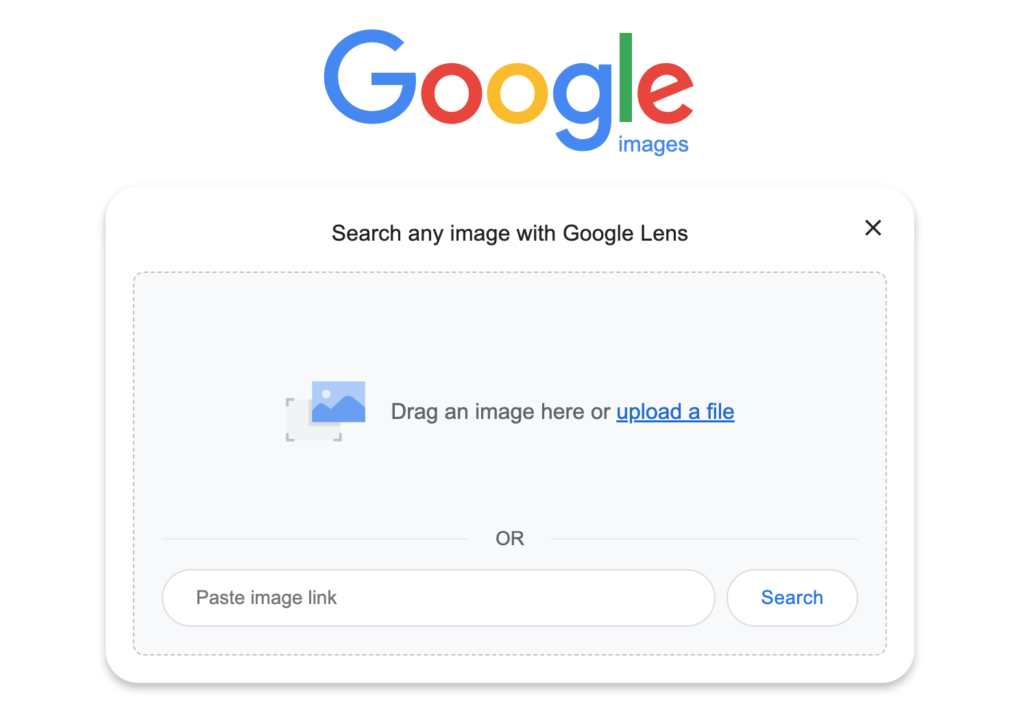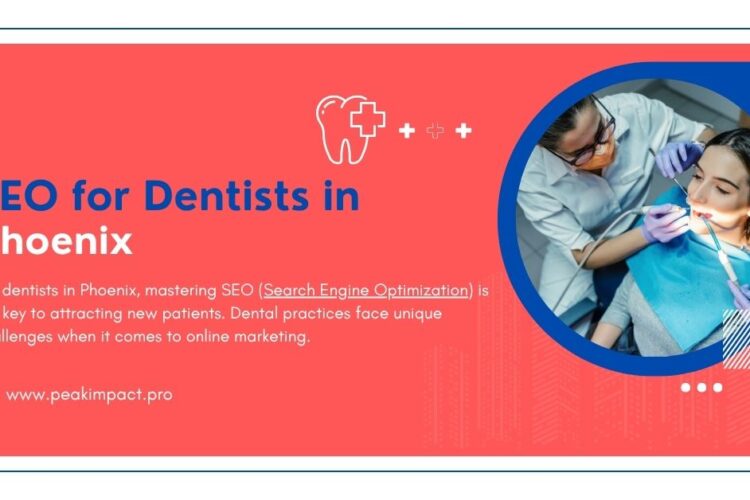
Artificial Intelligence (AI) is rapidly transforming various aspects of digital marketing, and search engine optimization (SEO) is no exception.
When it comes to on-page SEO, AI can streamline tasks, enhance content quality, and make your website more attractive to both users and search engines.
Here, we’ll explore how AI can be used to improve your on-page SEO strategy, offering practical tips and tools to leverage its potential.
Quick View
1. AI for Keyword Research
Keyword research is the cornerstone of any successful SEO strategy. AI-powered tools can help you find the most relevant keywords for your content by analyzing search trends, user behavior, and competition levels.
Traditional keyword research methods often rely on manual data collection, which can be time-consuming and less comprehensive.
How AI Helps:
- Semantic Search: AI algorithms like Google’s BERT understand the context of keywords and how they relate to user intent. Tools like Surfer SEO and Ahrefs use AI to identify not only primary keywords but also related LSI (Latent Semantic Indexing) keywords, providing a more comprehensive content strategy.
- Search Volume Predictions: AI-based tools can predict search volume and suggest long-tail keywords that may have less competition, improving your chances of ranking higher.
- Competitor Analysis: AI-driven platforms analyze competitor content to uncover keyword gaps, allowing you to target underserved niches or topics.
2. AI for Content Optimization
Once you’ve identified your keywords, the next step is optimizing your content. AI can significantly enhance content quality by ensuring it meets search engine and user expectations.
How AI Helps:
- Content Structuring: Tools like Clearscope and Frase use AI to analyze top-ranking pages and suggest optimal word counts, headings, and keyword density to improve content ranking. They also help in creating content clusters and organizing topics for better SEO results.
- Content Quality Scoring: AI-driven content optimization tools can provide a “content score” to measure readability, keyword usage, and overall content quality. This ensures that your content is not only SEO-friendly but also user-friendly.
- Natural Language Processing (NLP): AI-powered platforms can analyze your content’s readability and ensure it aligns with user expectations. For instance, tools like Grammarly and Hemingway Editor use AI to refine writing, making it clear, concise, and engaging.
3. AI for Meta Tags and Descriptions

Meta tags, including the title tag and meta description, are critical for on-page SEO because they influence both search engine rankings and user click-through rates. AI tools can help you optimize these tags for maximum impact.
How AI Helps:
- Automated Meta Tag Generation: AI-powered tools can automatically generate title tags and meta descriptions based on the content of your page. Tools like Copy.ai or Writesonic use AI to create optimized meta descriptions that include primary keywords and encourage clicks.
- A/B Testing: AI tools can assist in A/B testing different meta tag variations to determine which combination leads to better CTR (click-through rate), improving organic traffic.
4. AI for Image Optimization

Images are an essential part of on-page SEO, but they can often slow down your website if not properly optimized. AI can help optimize your images for both SEO and user experience.
How AI Helps:
- Image Compression: AI tools like TinyPNG use machine learning to compress images without sacrificing quality, improving page load speed — a crucial ranking factor for Google.
- Image Alt Text: AI-based image recognition tools can automatically generate descriptive alt text for images, making them more accessible and improving SEO.
- Automatic Image Tagging: AI can analyze images and suggest relevant tags, making them easier to index and rank in Google Image Search.
5. AI for User Experience (UX) Optimization
Google’s algorithms increasingly prioritize user experience (UX) as a ranking factor. AI can help enhance the UX on your website, making it more likely to rank well.
How AI Helps:
- Personalization: AI can personalize user experiences on your website by recommending relevant products, blog posts, or services based on their browsing behavior, increasing engagement and time on site.
- Heatmaps and User Behavior Analysis: AI-powered tools like Hotjar use machine learning to create heatmaps, session recordings, and user behavior insights, allowing you to identify areas of your website that need improvement.
- Chatbots and AI Assistance: Incorporating AI-powered chatbots on your site can enhance user engagement by providing instant support, guiding users through your website, and even answering common queries, leading to longer visits.
6. AI for Internal Linking
Internal linking plays a significant role in helping search engines understand the structure of your website and distribute link equity effectively. AI can automate and improve internal linking strategies.
How AI Helps:
- Automatic Internal Link Suggestions: AI-based tools like Link Whisper can analyze your content and suggest internal links to other relevant pages on your website, enhancing the overall SEO structure and helping search engines crawl your site more efficiently.
- Link Relevance: AI can also ensure that internal links are contextually relevant, improving user experience and the likelihood of these links contributing positively to SEO.
7. AI for Voice Search Optimization
As voice search continues to grow in popularity, optimizing for voice search is becoming increasingly important. AI helps improve your chances of ranking for voice queries, which often involve longer, more conversational phrases.
How AI Helps:
- Understanding Conversational Keywords: AI can help identify long-tail, conversational keywords that are commonly used in voice search. These keywords are usually question-based and tend to be more specific.
- Natural Language Generation: AI tools can assist in crafting more natural, human-like content that better matches the way people speak. This content is more likely to be featured as the answer to voice search queries.
8. AI for SEO Audits
An SEO audit is crucial for understanding how your website is performing and identifying areas that need improvement. AI-powered SEO audit tools can make this process faster and more accurate.
How AI Helps:
- Automated Site Audits: AI tools like SEMrush, Moz, and Screaming Frog use machine learning to crawl your website, identifying technical issues, broken links, duplicate content, and other on-page SEO issues.
- Real-time Suggestions: AI-driven audit tools can offer real-time, actionable recommendations, helping you immediately improve your on-page SEO strategy.
Final Thoughts
AI is a powerful tool in optimizing your on-page SEO efforts. From keyword research and content creation to technical SEO and user experience, AI tools can enhance every aspect of your SEO strategy.
By using AI for on-page SEO, you can stay ahead of the competition, improve rankings, and provide a better experience for your website visitors.
As AI technology continues to evolve, its role in SEO will only grow, making it an essential part of any digital marketing strategy.
FAQs
1. Can AI completely automate on-page SEO?
Answer:
AI can streamline many on-page SEO tasks like keyword research, meta tag optimization, and content structuring. However, human oversight is essential to ensure quality, creativity, and alignment with user intent.
2. What are the best AI tools for on-page SEO?
Answer:
Some popular AI tools for on-page SEO include:
- Surfer SEO: For content optimization and keyword strategies.
- Frase: For creating content briefs and improving readability.
- Grammarly: For refining grammar and readability.
- Clearscope: For analyzing top-ranking content and suggesting improvements.
3. How does AI improve content optimization?
Answer:
AI analyzes competitor content, suggests keyword density, identifies content gaps, and improves readability. Tools like Frase use AI to ensure your content aligns with user intent and search engine requirements, helping it rank higher.
4. Can AI tools identify SEO errors on my website?
Answer:
Yes, AI-powered SEO audit tools like SEMrush and Screaming Frog can identify technical issues, such as broken links, duplicate content, and slow-loading pages. These tools also provide actionable recommendations to resolve these errors quickly.
5. Are there any risks to using AI for on-page SEO?
Answer:
While AI is powerful, relying solely on it may lead to generic or overly optimized content that lacks creativity. Misuse can result in keyword stuffing or unnatural language. Always balance AI recommendations with human insights for authentic and engaging content.
6. How can small businesses use AI for on-page SEO?
Answer:
Small businesses can use affordable AI tools like Rank Math (for WordPress SEO) and Copy.ai (for meta descriptions). These tools simplify SEO tasks like content optimization, keyword research, and basic technical fixes, allowing businesses to compete with larger brands without extensive resources.




